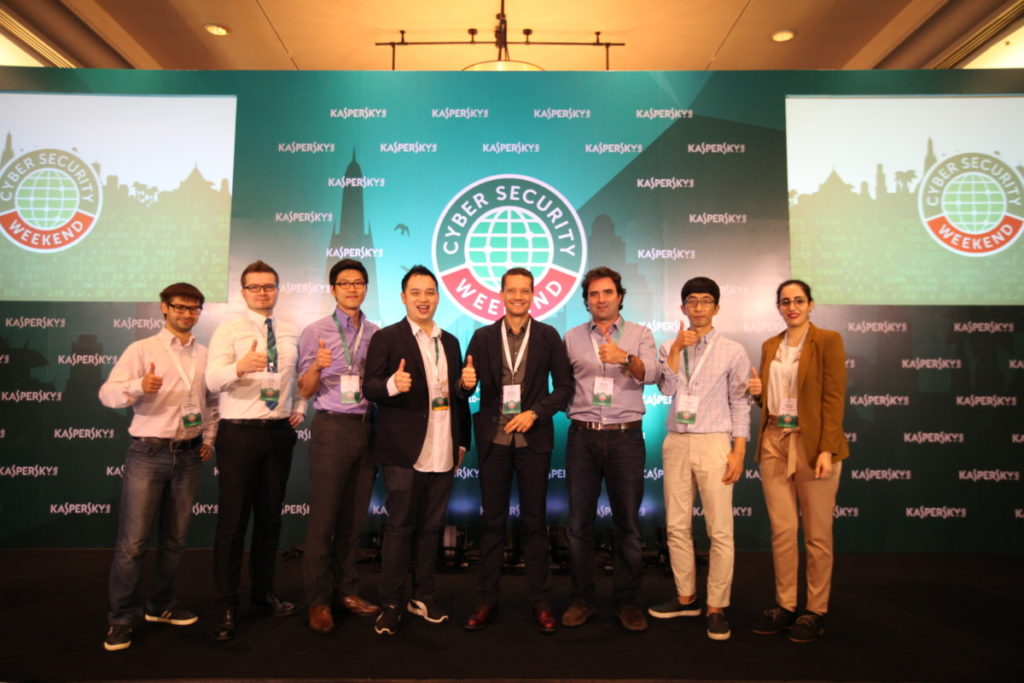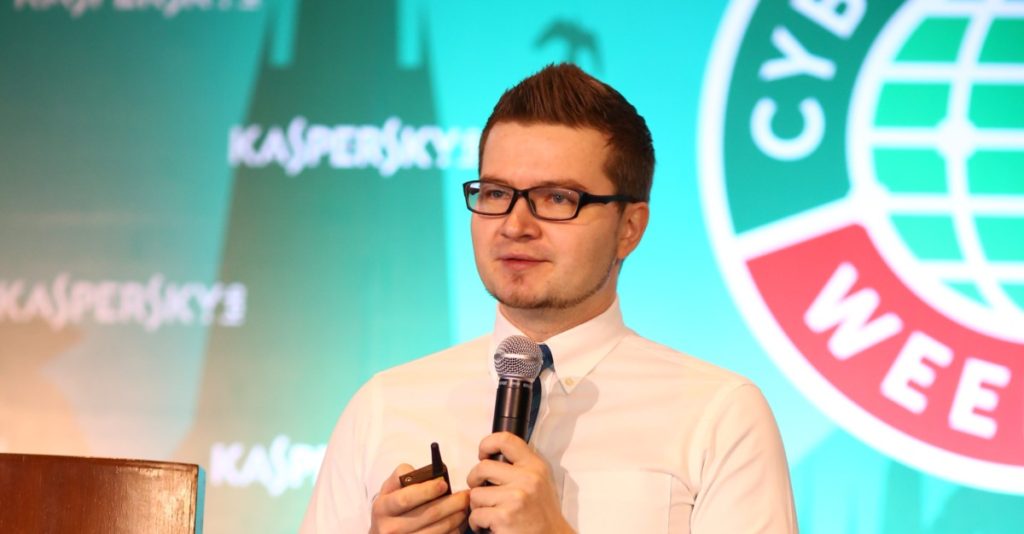
Kaspersky Labs APAC Cybersecurity Conference unveils insights on cyber espionage
The concept of cyber espionage and its more overt counterpart cyber warfare are becoming better known in the public eye, what with a plethora of movies over the years showing ostensible hackers magically pressing buttons to traipse through layers of firewalls and security like shoppers through a Tesco supermarket though what is often seen in the movies is far from the truth.
What is true is that it is becoming a new battlefield on which nationstates are vying for supremacy with many countries establishing their own agencies such as the United States Cyber Command while other state players have established more clandestine assets. The implications of a successful cyberattack are terrifying. One such incident took place in 2010 where the Stuxnet virus, seemingly custom tailored to target Iran’s Natanz nuclear facility and nothing else, tore its nuclear centrifuges apart and trashed the reactor. Unlike recent hamfisted attempts that extorted users for cash or Bitcoin, the Stuxnet virus was astonishingly sophisticated and made only to target the hardware running the nuclear reactors, implying that whoever made it had significant access to resources and sufficient motivation to warrant such a targeted attack.

Vitaly Kamluk, Kaspersky Lab’s Director of GReAT in APAC
In a three day cybersecurity conference in Phuket, Thailand, cybersecurity experts from across the region were invited by Kaspersky Labs to share insights into cyber espionage. The four-day event also saw four of Kaspersky Lab’s top cybersecurity experts from their Global Research & Analysis Team (GReAT) share more details and insights on the lay of the land along with how organisations and governments can enhance their cyber defenses. The three day conference also saw Yury Namestnikov, Senior Malware Analyst at Kaspersky Lab’s GReat team share more about the growing threat of ransomware and the techniques these new cyberespionage groups are using to attack financial organisations.
The conference saw experts recapping some of the more recent notable attacks on governments, businesses and organisations in the region, a bird’s eye view in terms of the preparedness of local players in preparedness against cyber espionage and cyberattacks and what can be done for future preparedness to deal with such scenarios in future.

Delegates at the Kaspersky Cybersecurity Weekend
While the potential damage that can be inflicted in a cyberattack is somewhat hard to quantify, it’s usually measured in terms of the financial impact it inflicts. According to Kaspersky lab’s report title “Measuring the Financial Impact of IT Security on Businesses” in 2016, it showed that these threats can cost up to US$143,000 in losses for small businesses and US$1.7million for larger enterprises with both any organisation, regardless of size vulnerable to attack. Other more pressing concerns such as the loss of proprietary data and goodwill in the wake of a successful remain unquantifiable. For more details swing by www.kaspersky.com
